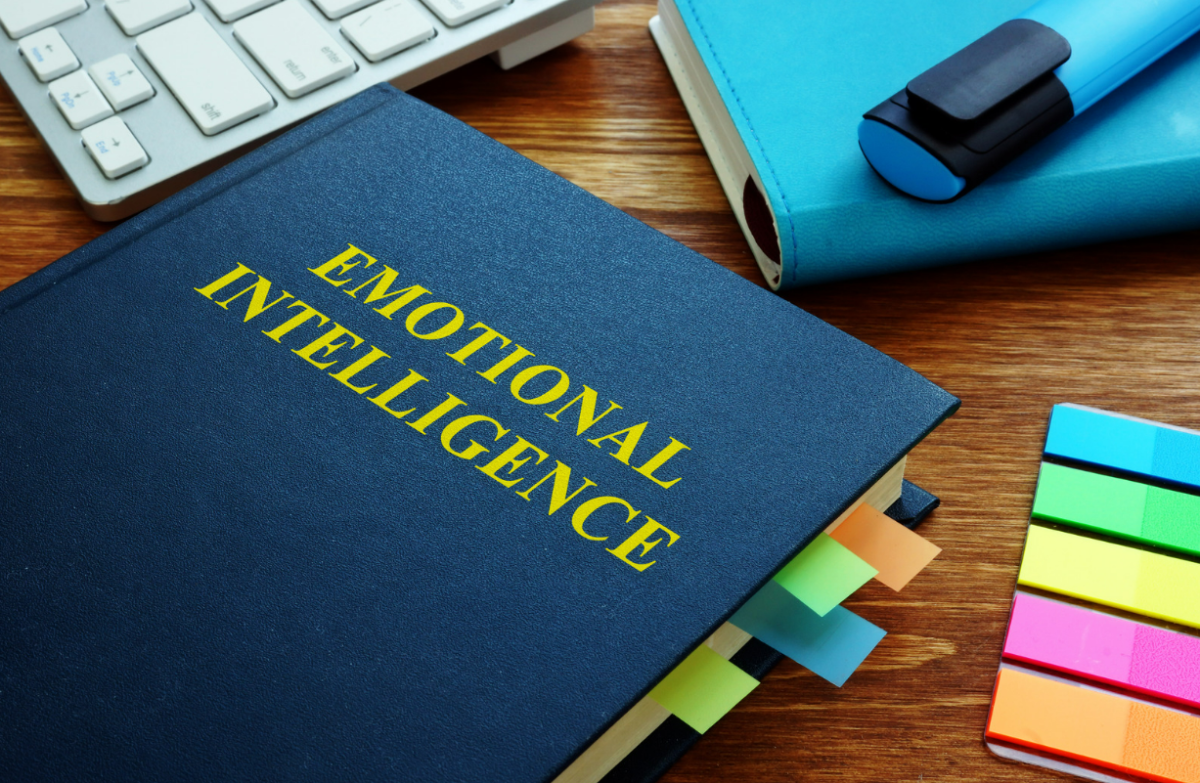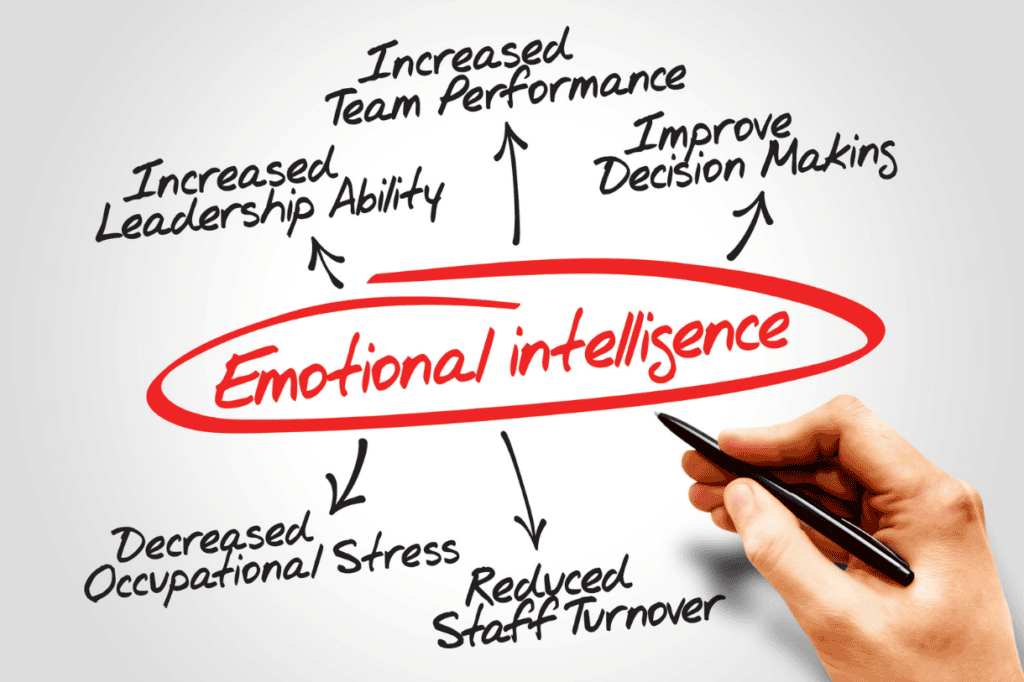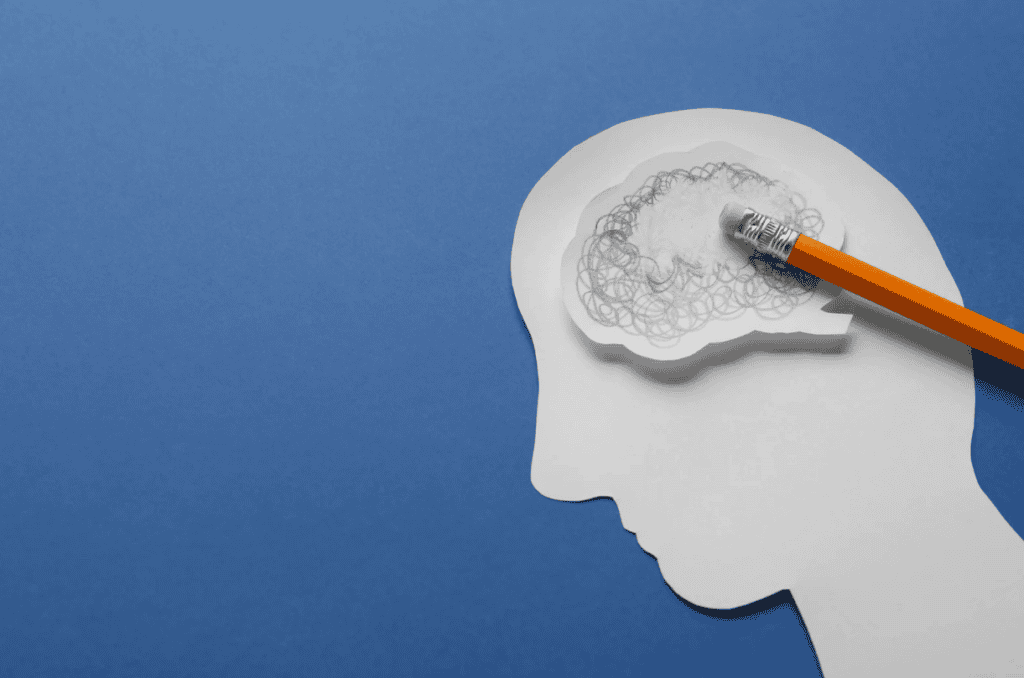If you’ve been experiencing symptoms such as anxiety, stress, or depression, and you think treatment might help, you may want to find a psychiatrist. It’s important to understand how psychiatrists are different from other mental health care professionals.
Unlike psychologists and other therapists or counselors, psychiatrists are physicians who can prescribe and monitor psychotropic medications such as antidepressants, antipsychotics, and mood stabilizers.
Psychiatrists have one of two medical degrees: Doctor of Medicine (MD) or Doctor of Osteopathic Medicine (DO). They’ve completed a four-year medical residency and received advanced training in specialty areas like psychology, neurology, and biochemistry.
Some psychiatrists focus solely on medication management. Others provide comprehensive care, including diagnosing mental health disorders, medication management, and psychotherapy. If you already have a therapist you like, a psychiatrist can collaborate with them on a personalized treatment plan based on your symptoms, needs, and preferences.

If you’re looking for a psychiatrist in or around Chicago, MediFind shares 10 leads below.
- Dr. Belal Hegazy
Psychiatry | Addiction Medicine
NorthShore Health Centers
6050 Sterling Creek Rd., Portage, IN
Accepting New Patients
- Dr. Will J. Cronenwett
Psychiatry
Northwestern Medical Faculty Foundation
446 E Ontario St., Chicago, IL
Accepting New Patients
- Dr. Jada J. Johnson
Psychiatry
Advocate Health and Hospitals Corporation
836 W Wellington Ave., Chicago, IL
Accepting New Patients
- Dr. Jack N. Powitz
Psychiatry
4700 N Western Ave., Chicago, IL
Accepting New Patients
- Dr. Ronald J. Gordineer
Psychiatry
J C Medical Group Ltd
5025 N Paulina St., Chicago, IL
Accepting New Patients
- Dr. Joseph C. Beck
Psychiatry | Addiction Medicine
Rush University Medical Center
520 S Maple Ave., Oak Park, IL
Accepting New Patients
- Dr. Erin K. Zahradnik
Psychiatry | Palliative Care | Geriatrics
The University of Chicago Medical Center
5841 S Maryland Ave., Chicago, IL
Accepting New Patients
- Dr. Krushen Pillay
Psychiatry
Bespoke Psychiatry
1203 W Augusta Blvd., Chicago, IL
Accepting New Patients
- Dr. Elizabeth Mirkin
Psychiatry
Mount Sinai Community Foundation
California Ave At 15th St., Chicago, IL
Accepting New Patients
- Dr. Fabian E. Carbonell
Psychiatry
Fabian Carbonell MD Sc
2900 N Lakeshore Dr., Chicago, IL
Accepting New Patients
5 Steps to Finding the Right Psychiatrist for You
Step 1: Decide what you want and need in a psychiatrist
Think about the qualities you’re looking for in a psychiatrist. Some people want their psychiatrists to be more conversational, while others prefer them to talk less and listen more. It’s OK to have a preference when it comes to age, gender, location, or specialty.
Step 2: Use a reliable resource to find psychiatrists
The resource can be a person, like a therapist or a counselor, who has collaborated with psychiatrists for other patients. It could also be an online database, like MediFind, that uses advanced technology to provide search results tailored to your care preferences.
Step 3: Make sure they’re covered by your insurance plan
Specialty providers, such as psychiatrists, can be expensive if they’re not covered by your health insurance plan. When scheduling an appointment, ask the front desk if they accept Medicaid, Medicare, or whatever insurance you use. Then double-check by calling your insurance company.
Step 4: Be open and honest about your needs and goals
It’s normal to feel vulnerable when talking to a psychiatrist. But if you’re open and transparent about your experiences, symptoms, and challenges, this will give the psychiatrist the information they need to find the right treatment plan for you.
Step 5: If you don’t find the right match, keep looking
It’s normal for people to cycle through multiple psychiatrists before they find the right fit. Remember, you’re in charge. It’s important to find a psychiatrist who meets your needs. If the connection isn’t there after a few sessions, refer back to your list of psychiatrists from MediFind.

MediFind connects patients with the right care
When it comes to finding a psychiatrist, everyone’s experience is uniquely their own. You’re more likely to find the right match when you choose providers based on the qualities and values that are meaningful to you.
MediFind’s doctor database includes over 3.5 million vetted providers who are at the top of their fields. Unlike other doctor-finder tools, MediFind uses a proprietary algorithm to locate medical experts based on how active they are in keeping up with the latest research advances and treatment options.
Finding the right psychiatrist in Chicago shouldn’t add to your stress. Let MediFind handle the search for you so you can focus on feeling better, faster.





























